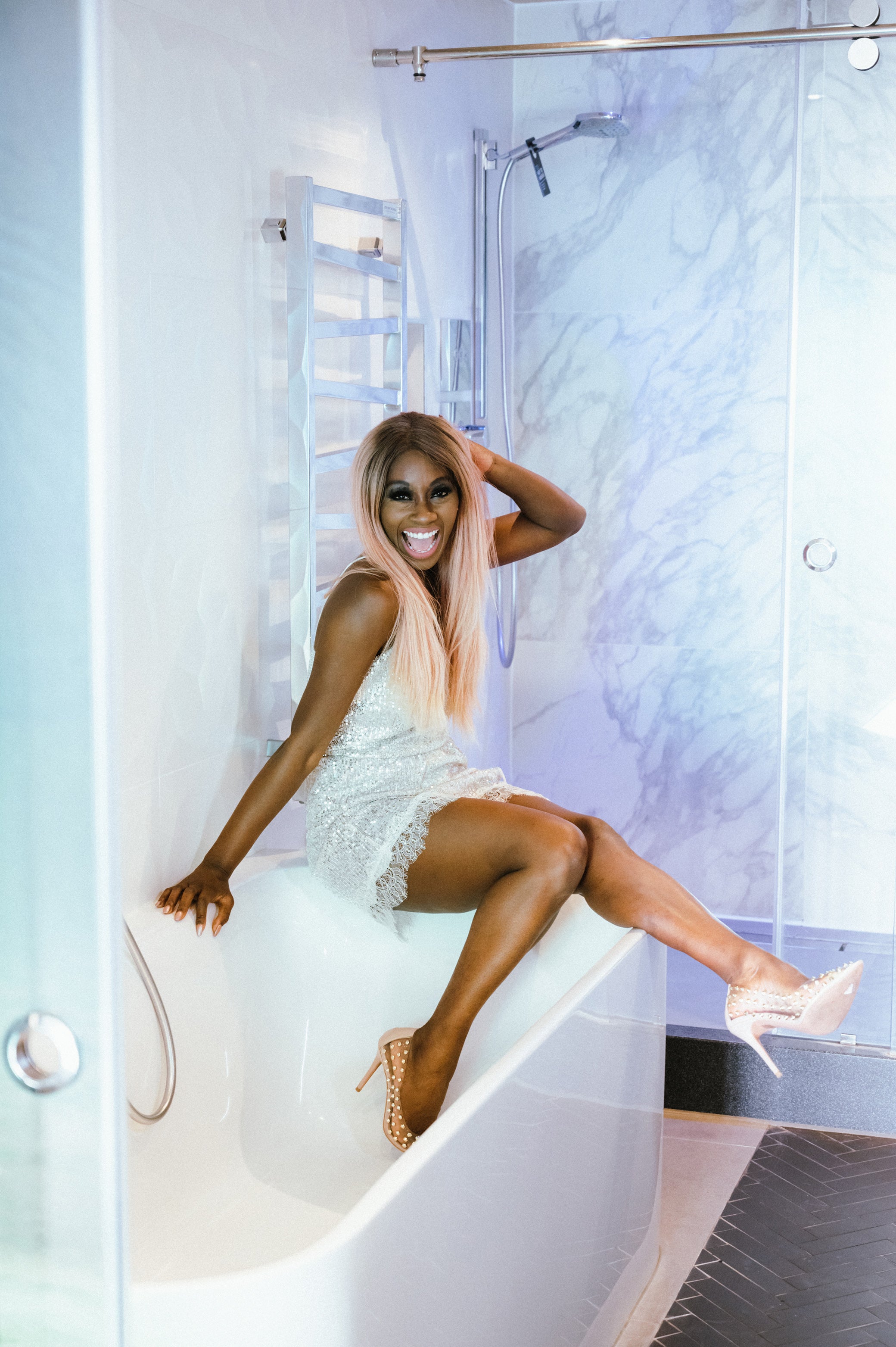
Who Are You When Nobody’s Watching?
By Ife Thomas
When I reflect on my time in the Big Brother house, I felt as though I had been cast in a movie. Cameras lurked in every corner, recording our every move.
This environment of constant observation felt alien initially, but over time, I began to find solace in the omnipresence of these lenses. It was almost comforting to think that there was always an eye on me.
But the most profound realisations came after leaving the house.
I began to live my life as though these cameras never turned off. Not in a stifling, invasive way, but in a manner that instilled a sense of accountability.
An accountability not to a global audience, but to myself. It’s as if an invisible lens continuously challenges me: “Would you be proud watching this playback?”
When we’re young, our imagination often wanders to what mischief we could get up to if left unsupervised, like Kevin McCallister in Home Alone. But as adults, the oversight is minimal. We control our narrative, and the choices are entirely ours.
There’s no hovering parent or ever-watchful camera. Yet, shouldn’t our behavior still reflect the best parts of us, even in the absence of an audience?
In the age of constant connectivity, one might argue that we’re never truly alone. Yet, it’s in those quiet, unobserved moments that our character shines through.
Embracing the “Home Alone” principle isn’t about fearing judgment; it’s about holding ourselves to a standard that aligns with our true self, a version we’d be proud to watch on replay.
So, as you navigate your days, think about your unseen movie. Would you give it rave reviews?
Because, after all, who you are when nobody’s watching, is genuinely who you are.
This environment of constant observation felt alien initially, but over time, I began to find solace in the omnipresence of these lenses. It was almost comforting to think that there was always an eye on me.
But the most profound realisations came after leaving the house.
I began to live my life as though these cameras never turned off. Not in a stifling, invasive way, but in a manner that instilled a sense of accountability.
An accountability not to a global audience, but to myself. It’s as if an invisible lens continuously challenges me: “Would you be proud watching this playback?”
When we’re young, our imagination often wanders to what mischief we could get up to if left unsupervised, like Kevin McCallister in Home Alone. But as adults, the oversight is minimal. We control our narrative, and the choices are entirely ours.
There’s no hovering parent or ever-watchful camera. Yet, shouldn’t our behavior still reflect the best parts of us, even in the absence of an audience?
In the age of constant connectivity, one might argue that we’re never truly alone. Yet, it’s in those quiet, unobserved moments that our character shines through.
Embracing the “Home Alone” principle isn’t about fearing judgment; it’s about holding ourselves to a standard that aligns with our true self, a version we’d be proud to watch on replay.
So, as you navigate your days, think about your unseen movie. Would you give it rave reviews?
Because, after all, who you are when nobody’s watching, is genuinely who you are.
